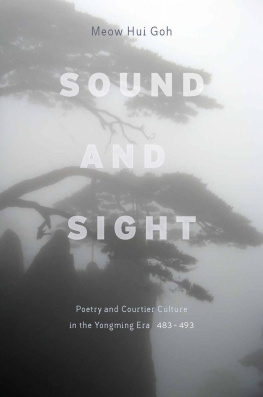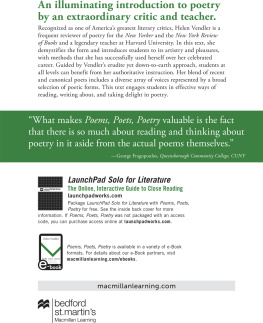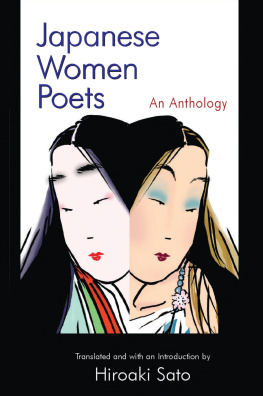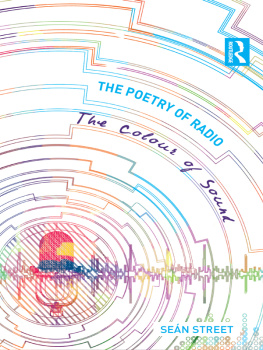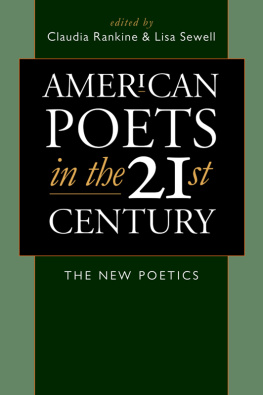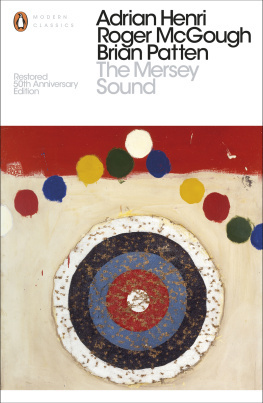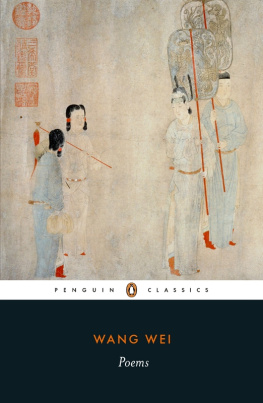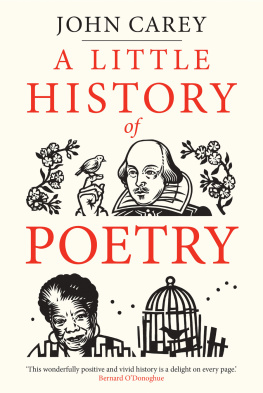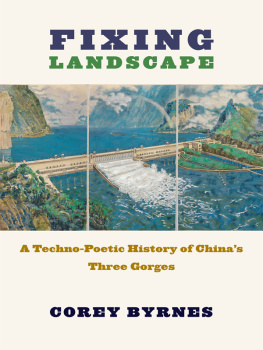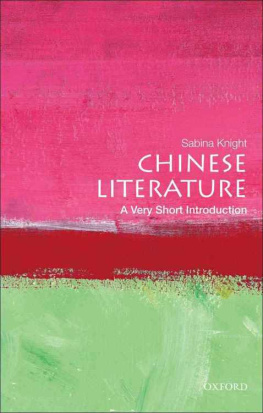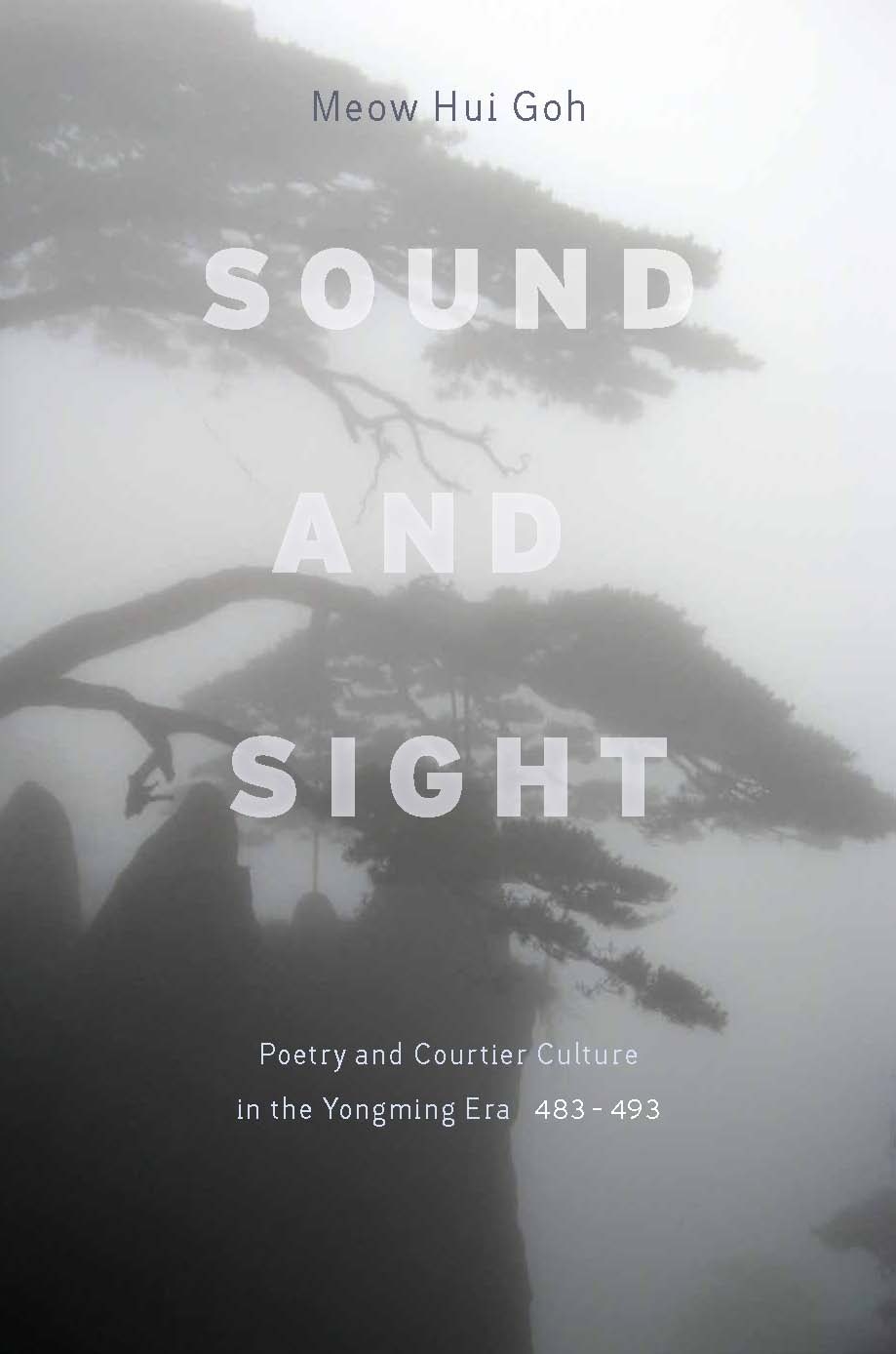Acknowledgments
The research for this project was supported by a post-doctoral fellowship from the Center for East Asian Studies, Stanford University, which allowed me to produce the first draft of this book. A Humanities Publication Subvention Grant from the College of Humanities at OSU was crucial in making this publication possible. Through the years, my research had also been supported by the Assistant Professor Research Fund, also from the College of Humanities, and various funding from the Department of East Asian Languages and Literatures at OSU. To these institutions, I want to express my deepest gratitude. Many friends and colleagues have guided and supported me along the way. Specifically, I want to thank Robert Joe Cutter, whose tireless mentoring and warm friendship mean so much to me, and also Mark Bender, Kirk Denton, Ronald Egan, David R. Knechtges, Paul W Kroll, Young Kyun Oh, Patricia Sieber, and Stephen West. I am also grateful to Leonard Kwok-kou Chan, Wang Kuo-ying, and Yuan Xingpei for giving me my early training in Chinese literature. The prompt and warm assistance of Stacy Wagner, Acquisitions Editor at Stanford University Press, Jessica A. Walsh, her editorial assistant, Mariana Raykov, Production Editor at the Press, and all their staff ensured the smooth and timely publication of this book; the careful and thoughtful editing of Richard Gunde, my copyeditor, greatly improved the overall quality of this book. The comments and insights of the anonymous readers at the Press helped correct mistakes and strengthen arguments. My friend Alex Burry was kind enough to help with proofreading, and my colleague Shelley Quinn patiently suggested many stylistic changes. I owe these wonderful people my sincere thanks. My parents and my three brothers and their families deserve to know that their love and care for me, coming from the distant island of Singapore, have always been a main source of strength for everything that I do. Keoni has been by my side through the ups and downs, reading my chapters when I needed him to, making dinners and doing the laundry when I was caught up in work. This book is dedicated to him, my first reader and my loving and inspiring companion in life.
Epilogue
Throughout this book, I have referred to the Yongming poets as courtier-poets. The Chinese terms gongting wenren (court literati) and gongting shiren (court poets) can sometimes have a negative connotation, as if these courtiers were not real poets, but wrote merely to please and entertain their court patrons. While certainly mindful of the need to please, entertain, and most importantly, win the favor of their patrons, the Yongming poets were also writing at a time when poetry was woven deep into a uniquely multifaceted and vibrant court culture. Writing as courtiers, they sought many things simultaneously: to display their talent, to negotiate their political and personal pursuits, to refine their arts. By fully considering their identity as courtiers, we do not see less of their poetry and poetics; instead, we hear their voices probing the most fundamental human issues, and witness their intricate artistry and refreshing sensibilities. Previously known mostly for a set of prosodic rules dryly labeled as sisheng babing (the four tones and eight defects), the Yongming poets as presented in this study are active participants at an important juncture in the history of Chinese court culture and the precursors of a new poetics that had a long-lasting effect.
One main line of study in this book has been to examine how Buddhism was integrated into the fabric of the Chinese courtiers life by the fifth and sixth centuries. My main concern is not how Buddhism was practiced or what Buddhist views were expressed per se, but rather how the Buddhist perspective came into play in the Chinese courtiers poetic representation of his way of life. Particularly relevant to the foregrounding of this discussion is a hybrid concept of personal worth. This concept is revealed in Shen Yues discourse, where one finds a Confucian ideal of individual talent as well as a Buddhist vision of the worthy one. While the two can easily lead to two separate lines of investigationthe courtier-poet as a Confucian and the courtier-poet as a Buddhistwhat is more intriguingand more realisticis the mixing of both and their simultaneous presence in the courtier-poet. As evinced by many works analyzed in this book, the Yongming poets often revealed their vested interest in being recognized and promoted alongside their pursuit of Buddhist enlightenment. From that vantage point, a beautiful object such as a piece of embroidery simultaneously calls forth the courtiers use value and the ultimate emptiness of all things. In their depiction, the garden is a personal space for imitating nature, creating self-sufficiency, and cultivating the Buddhist vision, all of which, however, are premised on a temporary retreat from life at the court. To them, the capital city is both home and not home, evoking a sense of belonging and nostalgia at times but causing an uneasy feeling and a sense of urgency for spiritual enlightening at other times. Though the antithesis of officialdom, the natural landscape is enjoyed as an experience in spiritual renewal and treasured as memories of past footsteps in their poems. By tracing their Buddhist outlook amid other inclinations and within a wide range of issues, we see even more acutely how Buddhism had come to be embedded in the Yongming poets self-representation and self-expression. The richness and hybridity of their poetic voices are thus highlighted.
Even more crucially, the Buddhist influence on their poetics is revealed in the way the Yongming poets sensed the world around them. As discussed, the particularly analytical and diminutive approach taught by the Chengshi school of Buddhist scholasticism could perhaps explain Shen Yues unusual awareness of the intricate processes of the mind. His dissection of the stream of thought into individual nian (thought-instants) was a defining moment in the Chinese perception of the mind and of time. The realization that followed was that only a mind devoid of chaosa mind that completes one thought-instant after anothercould lead to enlightenment. Subsequently, Shen Yue and his fellow Yongming poets would emphasize a process of diminutive grasping in their poetics. Be it a chain of sounds, a minor object, a busy sight, or a constant motion, the Yongming poets always revealed it piece-by-piece, bit-after-bit, giving the impression that they were seeing and hearing in a continuous manner while maintaining clarity and precision. As a result, their poems are individualized experiences wherein the senses are highly focused and alert. Imbued with religious meaning, their new process of the senses had major implications for Chinese poetics.
Most significantly, the representation of sound, sight, space, and motion could now fully represent the poetic self Rather than shifting the attention to the surface or exterior forms of poetry, the Yongming poets were calling attention to the perceptive mind behind their process of seeing and hearing. Not conceding that they were merely crafting the outer, they established themselves as a new kind of poetic and aesthetic subject. The traditional paradigm of shi yan zhi (poetry expresses what is intently on the mind), which presumes an inner-to-outer process in poetry, had not shifted; rather, the inner zhi could now be expressed through how one sees or hears, a process now seen as directly reflecting the processes of the mind. This poetics ushered in a new poetic and aesthetic consciousness that sought to express the inner state not only through what is said but also through how it is said. The presentation of an acute and refined sense of hearing and seeing now stood at the center of Chinese poetics.

